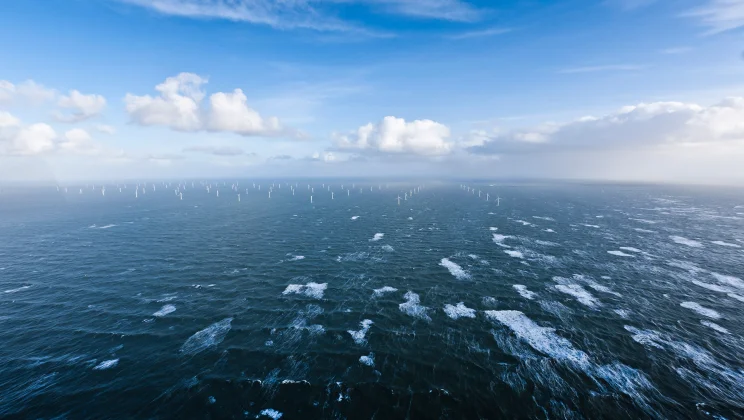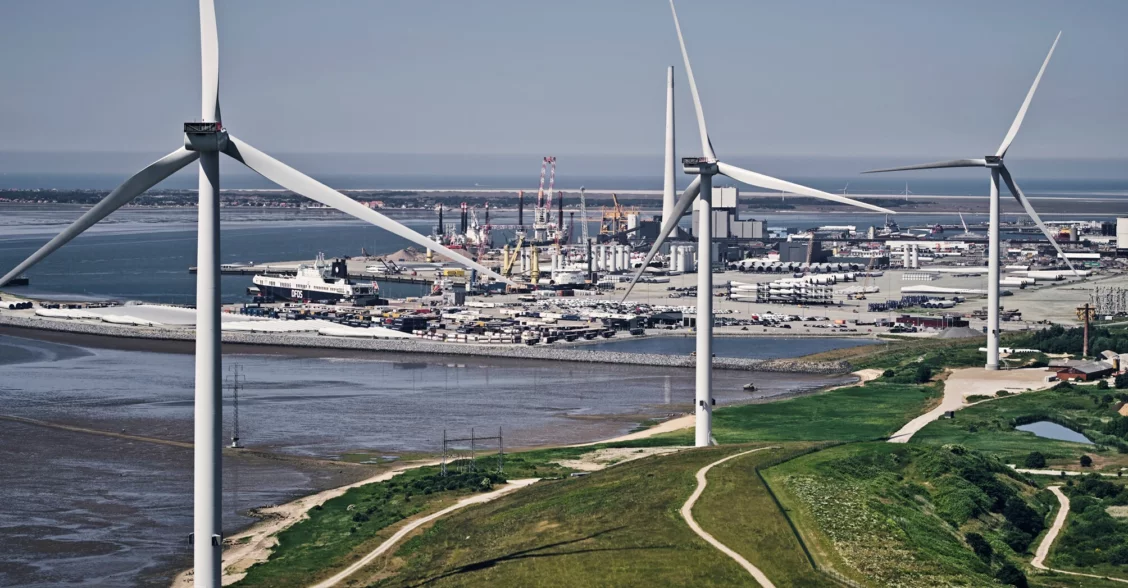Esbjerg Port's ESG Report
The report describes Port Esberg's work and activities in the areas of climate and environment, social responsibility, and good governance.
Onshore power supply
Port Esbjerg is working on several concrete initiatives to ensure that we contribute to the green transition and reduce CO2 emissions.
The Port has been involved in developing a carbon management system, which has enabled the port to invest in onshore power supply. The establishment of onshore power supply has resulted in more of the companies in the port has seen the potential in switching off the ships' generators and using green wind energy instead. For onshore power supply is cheaper and means significantly less noise and emissions of CO2 and particulates.

New collaboration on the green transition
In the beginning of 2023 Port Esbjerg and five of the largest European wind ports have signed a mutual declaration. Together we want to send a strong signal to the market and decision-makers that we are willing to do everything in our power to accelerate the green transition through offshore wind.And the work started today.
Europe’s ambitious offshore wind deployment targets put great pressure on European wind ports. Currently there is not enough port capacity to install the offshore wind farms needed to reach the European ambition.
Hence, and even though we remain competitors, we will collaborate on an operational and practical level. Together, we will do everything we can to act on the challenge.
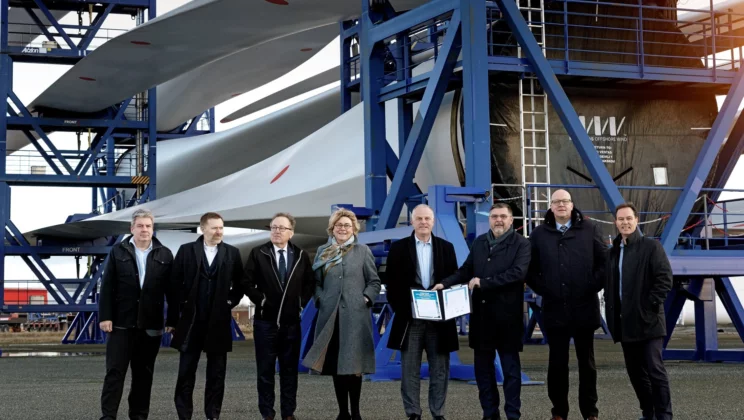
New cooperation on sustainability
In November 2022, Port Esbjerg entered a new cooperation with 38 organisations from the Netherlands, Germany and Denmark to minimise the impact of shipping and port activities in the natural environment.
Together, the organisations have signed a joint declaration for more engagement and sustainable management in the maritime and port fields in the Wadden Sea.
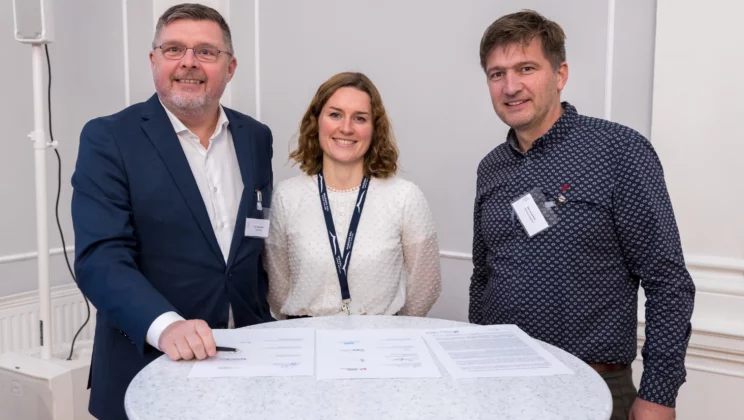
Member of Getting Zero Coalition
In 2020, Port Esbjerg became a member of the global ‘Getting to Zero Coalition’, an alliance launched in 2019 by prominent players in the shipping industry.
The UN’s International Maritime Organization, IMO, has an ambition of reducing total greenhouse gas emissions from international shipping by at least 50 per cent by 2050 compared to the 2018 levels. That is why the goal of the coalition is to put the first zero emission vessels into operation by 2030.
More than 100 global organisations and companies have already joined the coalition – including Maersk, Ørsted, DFDS and now Port Esbjerg.
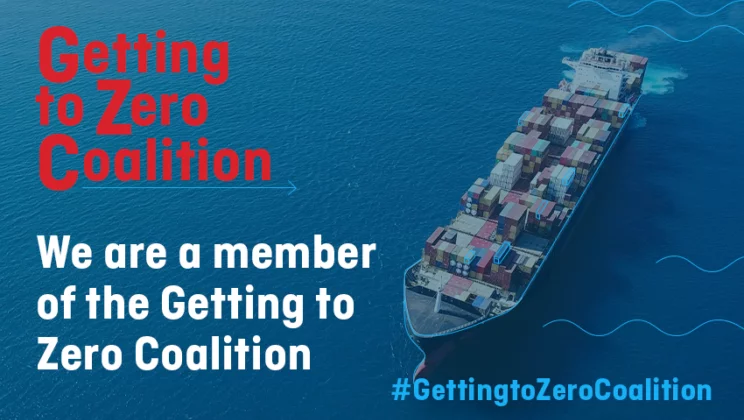
Port Esbjerg’s sustainability strategy
Sustainability and the UN’s 17 Sustainable Development Goals are a strategic priority for Port Esbjerg.
The Port’s sustainability strategy focuses on efficient and sustainable port operations, transport of goods, green transition, socio-economic contributions, occupational health and safety and on minimizing the climate and environmental impact of our port-related operations.
Building and maintaining close partnerships forms an integral part of our approach in all these areas.
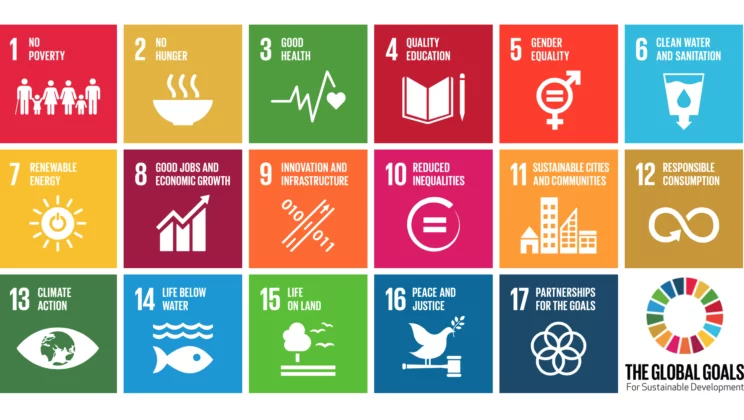
New sustainability alliance
In 2019, Port Esbjerg formed an alliance with nine other Nordic ports intended to accelerate the development of sustainable solutions.
The ten ports have signed a joint agreement committing to making a targeted effort to support a green transition in port operations in the years ahead.

Focus on environment, climate and working environment

Port Esbjerg is a responsible port aiming for high environmental, climate and working environment standards.
The environmental profile illustrates the Port’s efforts and results and the ways in which these efforts can create value for the Port’s customers and employees.
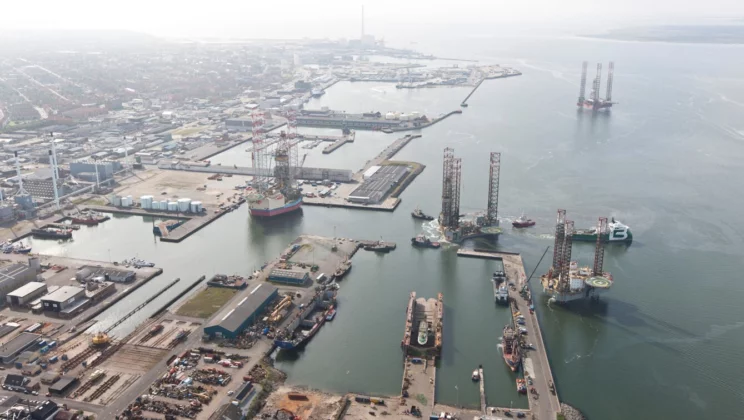
EcoPorts
EcoPorts is the main environmental initiative of the European port sector. It was initiated by a number of proactive ports in 1997 and has been fully integrated into the European Sea Ports Organisation (ESPO) since 2011. The overarching principle of EcoPorts is to raise awareness on environmental protection through cooperation and sharing of knowledge between ports and improve environmental management.
Port Esbjerg has actively participated in this collaboration since 2013.
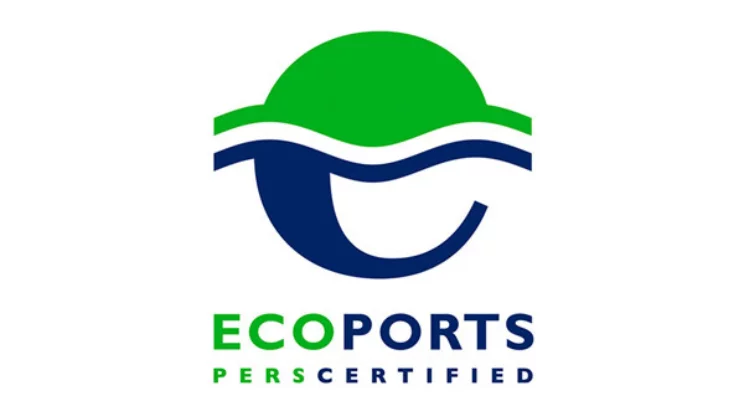
Port Esbjerg ensures self-sufficiency in green energy through offshore wind
With this certification, it is confirmed that all our electricity consumption is covered by our own production from the offshore wind turbines. This self-sufficiency supports our goal of sustainable operations and responsible energy consumption, as we actively reduce our CO₂ footprint and contribute to a greener future. The certification marks an important step in our ambition to develop an energy-neutral harbor that supports both local and global sustainability.
